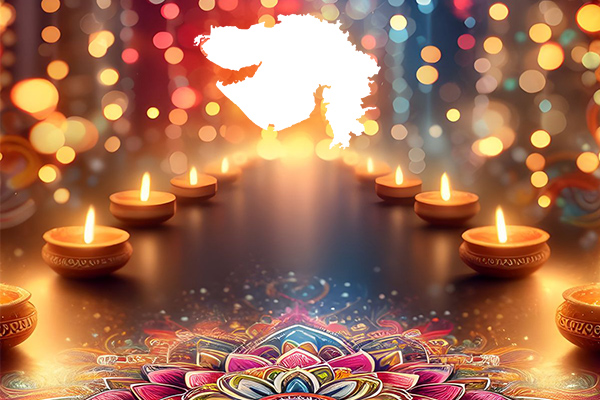
Gujarati New Year, also known as 'Bestu Varas', “Varsha Pratipada” or 'Gujarati Samvat,' or “Padwa” is the traditional New Year celebrated by the Gujarati-speaking community, especially in the western Indian state of Gujarat and among Gujarati communities worldwide. It usually falls on the first day of Kartik, the Hindu calendar month that corresponds to October or November in the Gregorian calendar.
The day typically coincides with the
Govardhan puja
which takes place after
Diwali
. It is customary to worship Lakhsmi devi and seek her blessings on the Gujarati New Year Day to attract financial success in the coming year. The day marks the commencement of new accounting and financial records.
About Gujarati New Year (Bestu Varas)
.jpg)
Gujarati New Year is celebrated on the first day of Shukla Paksha in the month of Kartik as per the Vikram Samvat calendar. The month is calculated from the new moon to Amavasya. The Vikram Era started in 57 BCE. by emperor Vikramaditya, a legendary monarch to commemorate his victory upon the Shaks in Ujjain. In Gujarat, Bestu Varas celebrates Kartik sud 1, the day after Diwali.
When is Gujarati New Year? Date, Time, Muhurat
Gujarati Vikram Samvat 2083 Begins
Gujarati New Year on Tuesday, November 10, 2026
Pratipada Tithi Begins - 12:31 PM on Nov 09, 2026
Pratipada Tithi Ends - 02:00 PM on Nov 10, 2026
Gujarati Vikram Samvat 2083
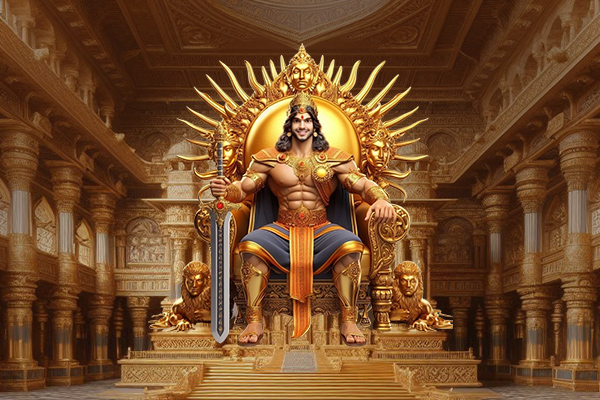
Vikramaditya, the revered king of Ujjain freed his people from the Sakas rule and began the tradition of Vikram Samvat nearly 2068 years ago according to the local legend.
As per the historians, the traditional calendar, Vikram Samvat used in India by all Hindus is said to be set 57 years ahead of the now popularly used and well-known Gregorian calendar. This year it will be Vikram Samvat 2083.
The Hindu New Year is an important day for Hindus and is celebrated across India. The date typically falls between late March and early April as per the calendar. The day marks the beginning of the new year according to the traditional Hindu lunar calendar. The day is considered a good time for new beginnings, fresh starts, and the renewal of relationships.
The day is celebrated by undertaking a number of customs and rituals, including cleaning homes, preparing elaborate feasts, and offering prayers to deities. Many also exchange gifts and greetings with their loved ones during this time.
Gujarati New Year History
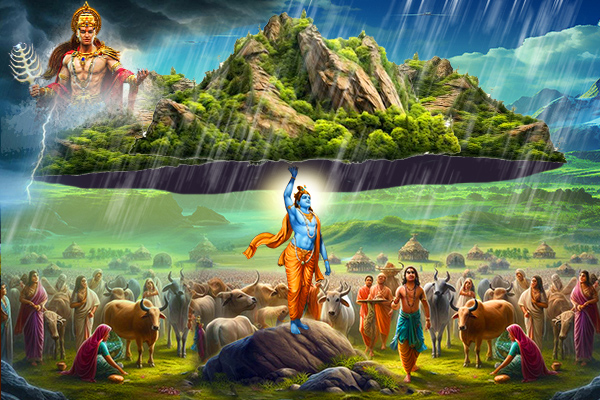
In Hindu scriptures, there is a tale where Si Krishna urges the people of Gokul to redirect their worship to Govardhan hill instead of Indra Dev, who was traditionally associated with rain and natural phenomena. Indra became enraged upon discovering that the people of Gokul had ceased to worship him and stopped making offerings. In a remarkable display of divine intervention, the inhabitants of Gokul found themselves in an untenable situation when they began to venerate cows and the majestic Govardhan hill. As a result, the mighty Indra Dev unleashed a relentless downpour that persisted for seven days, submerging the entire town. However, in a testament to his extraordinary power, Shri Krishna effortlessly lifted the enormous Govardhan mountain with a mere flick of his finger, providing sanctuary for the people of Gokul and their cherished cattle friends. Indra Dev became aware of his error and promptly conveyed his remorse to Shri Krishna. It has become a tradition for Gujaratis to pay homage to the majestic Govardhan Hills, considering it as the auspicious beginning of the new year. Customs and rituals of Govardhan Puja are observed to welcome the 'Gujarati Navu Varsh' and bid farewell to the previous year.
Gujarati New Year Puja
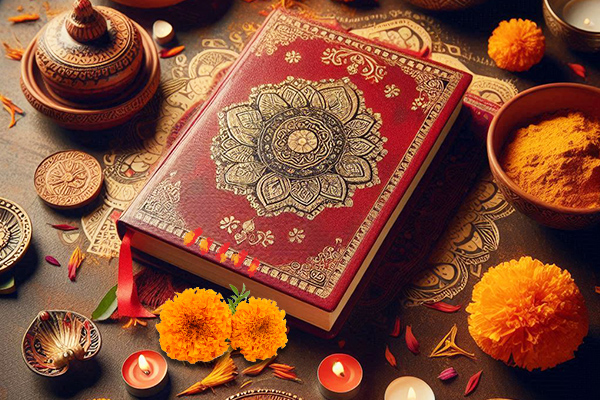
People get up early in the morning to seek blessings at temples. Gujarati businessmen perform Chopda pujan, a ritual involving the closing of old accounting books and the opening of new accounting books. During the puja, Goddess Lakshmi and Goddess Saraswati are invoked. Auspicious Shubh Labh symbol is inscribed where Lakshmi devi is seated to attract wealth and prosperity for the coming year.
Gujarati New Year is celebrated with great enthusiasm and an extensive variety of customs, rituals and traditions, including:
Cleaning and Decoration: In the days leading up to the New Year, people clean their homes and businesses to symbolize the removal of negativity and the welcoming of positivity. To add to the festive atmosphere, decorations are hung and traditional rangoli (colorful floor designs) are created.
Offering Prayers: Many people start their days with prayers and visit temples, hoping for good fortune in the coming year. To honor the deities, special offerings and pujas (rituals) are performed.

New Clothes and Gifts: It is customary to wear new clothes on Gujarati New Year to represent a new beginning. As tokens of love and goodwill, families exchange gifts and sweets by greeting each other “Saal Mubarak.”
Traditional Food: To commemorate the occasion, special dishes and sweets are prepared. Traditional Gujarati sweets like mohanthal, doodh pak, and ghari, as well as savory dishes like dhokla, khandvi, and puran poli, may be included.
Community Celebrations: To celebrate the New Year, Gujarat and Gujarati communities around the world hold community gatherings, cultural events, and processions. Traditional music, dance, and art forms are featured at these events.

Business and Financial Transactions: The New Year is also considered a lucky time to start new businesses or make financial transactions. Business owners frequently perform a special puja for the success of their businesses.
Families gather to celebrate the New Year, with elders bestowing blessings on the younger generation. It is a time to celebrate family unity and sharing.
Gujaratis light firecrackers, decorate homes with colorful electric lights, draw rangolis, prepare and relish Gujarati sweets and savouries, adorn new clothes and visit friends and family. Delicacies such as Shakarpara, Laapsi, Dhokla, Patra, Khandvi, Shrikhand, Dal Dhokli, Thepla, Jalebi, Faafda and various sweets are prepared and relished with joy.
Gujarati New Year is a time for reflection, renewal, and a new beginning in many areas of life, including spiritual, personal, and professional ones. It is a celebration of the Gujarati community's rich cultural heritage and enduring traditions.
Gujarati New Year Significance
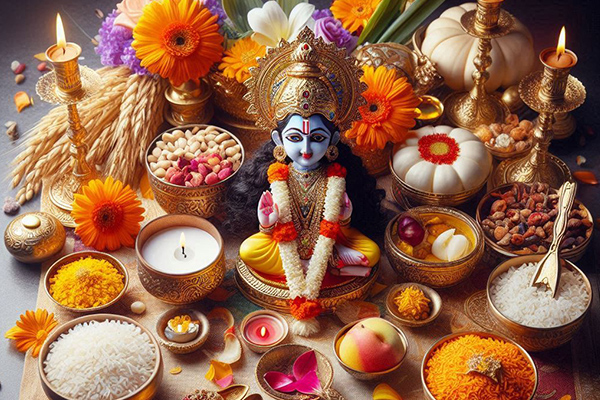
The Gujarati New Year is a time of reflection and renewal, where we let go of any lingering negativity and open our hearts to new possibilities and fresh starts.
- On this auspicious day, individuals fervently seek the divine blessings of their chosen deities, with a particular focus on Lord Krishna. They yearn for abundant prosperity, robust health, and boundless happiness to grace their lives.
- For many Gujaratis, the New Year holds great significance as a time to embark on new business ventures or accounts. Rituals such as 'Chopda Pujan' are performed to honor Lakshmi, the goddess of wealth, seeking her blessings for a prosperous year ahead.
- Bestu Varas is a day that brings families together, where the wisdom of the elders is shared with the younger generation, and the sweetness of relationships is celebrated through the exchange of sweets. Community prayers, festive meals, and traditional dances are widely celebrated.
- This is a day of reflection and appreciation, where individuals express their gratitude for the blessings they have received and extend a helping hand to those in need. The Gujarati New Year is a lively celebration that embraces the joys of life, the importance of family, the blessings of prosperity, and the pursuit of spiritual growth, all of which beautifully embody the essence of Gujarati culture.
Gujarati New Year Associated Products & Services
8 Mukhi Rudraksha
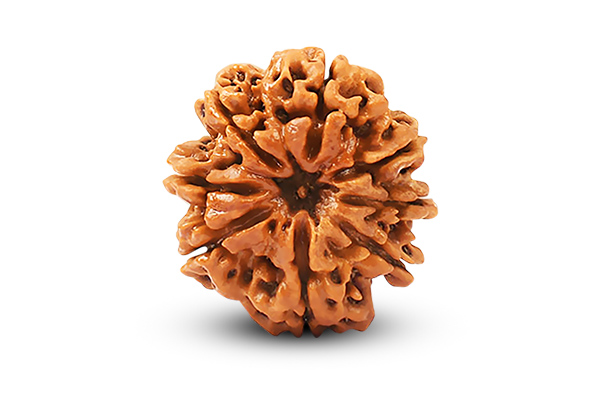
The 8 Mukhi Rudraksha is one of the most popular and sought after Rudraksha bead as it symbolizes Lord Ganesha. Receive the blessings of the beloved God of wisdom and auspicious beginnings on Bestu Varas.
7 Mukhi Rudraksha
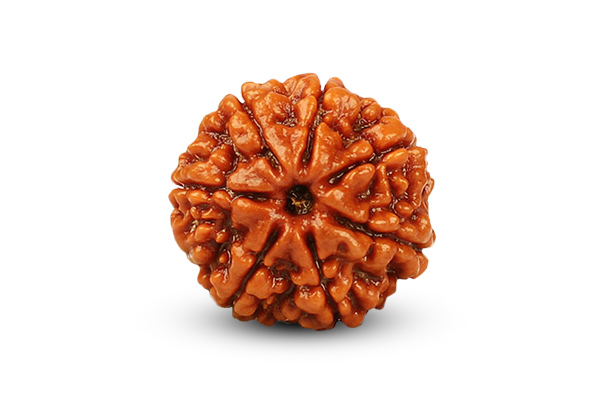
Wearing 7 Mukhi Rudraksha helps one attract new opportunities, wealth, prosperity, love, luck and abundance. Welcome prosperity and abundance this Gujarati New Year.
Ganesha Yantra
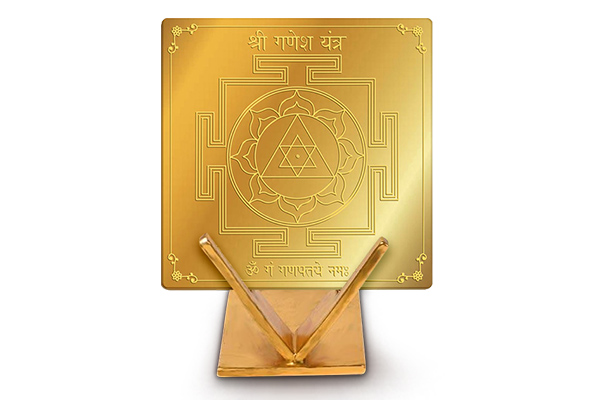
The Ganesha Yantra is regarded as a potent instrument for manifestation and goal attainment. On Gujarati New year, manifest your life as you want by meditating upon Ganesha yantra.
Shri Ganesha Puja Japa & Yagya
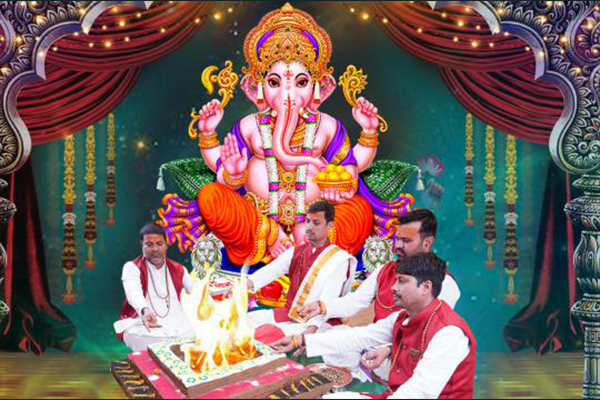
Buy Shri Ganesha Puja Japa & Yagya
Shree Ganesha is the God of wisdom and intellect and is regarded as the harbinger of auspiciousness. Invite the blessings of Ganesha with Ganesha Puja & Yagya to begin the new year.


-in-Astrology.jpg)
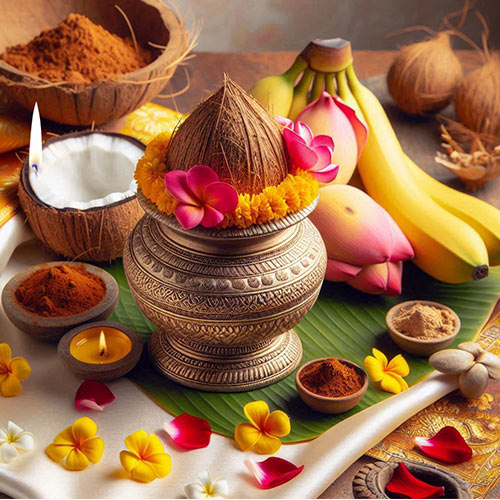
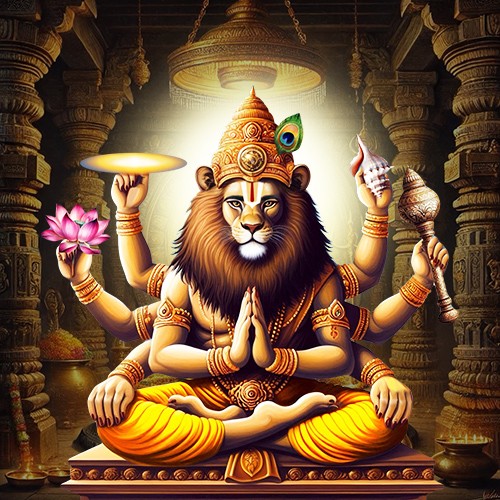
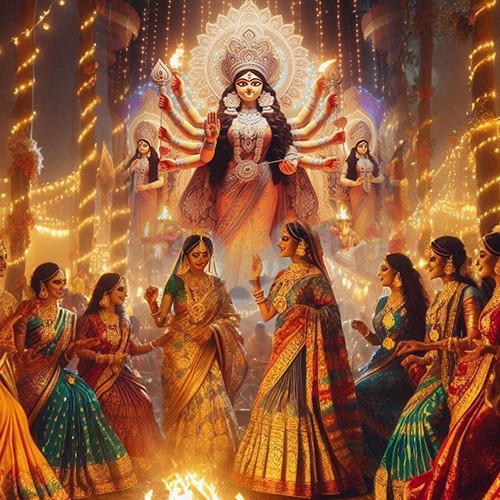
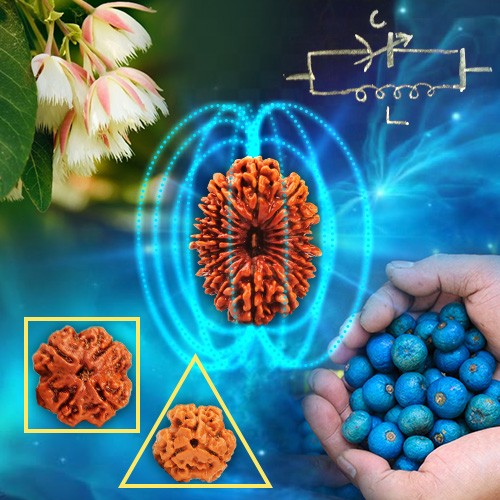

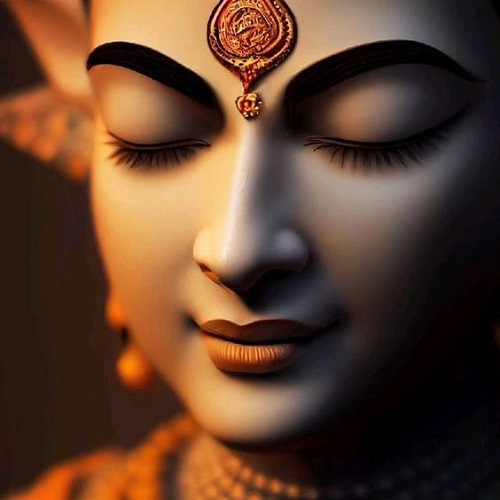
.jpg)
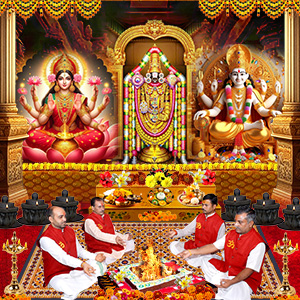
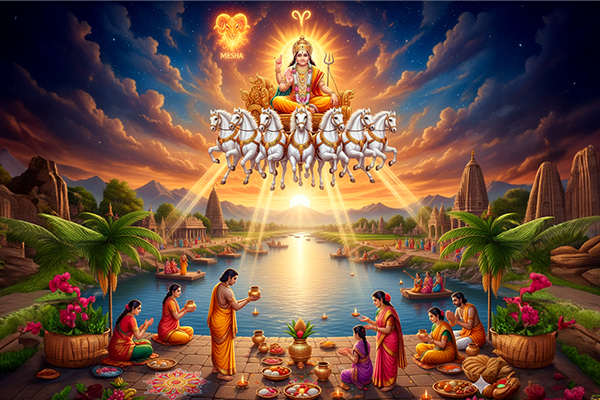
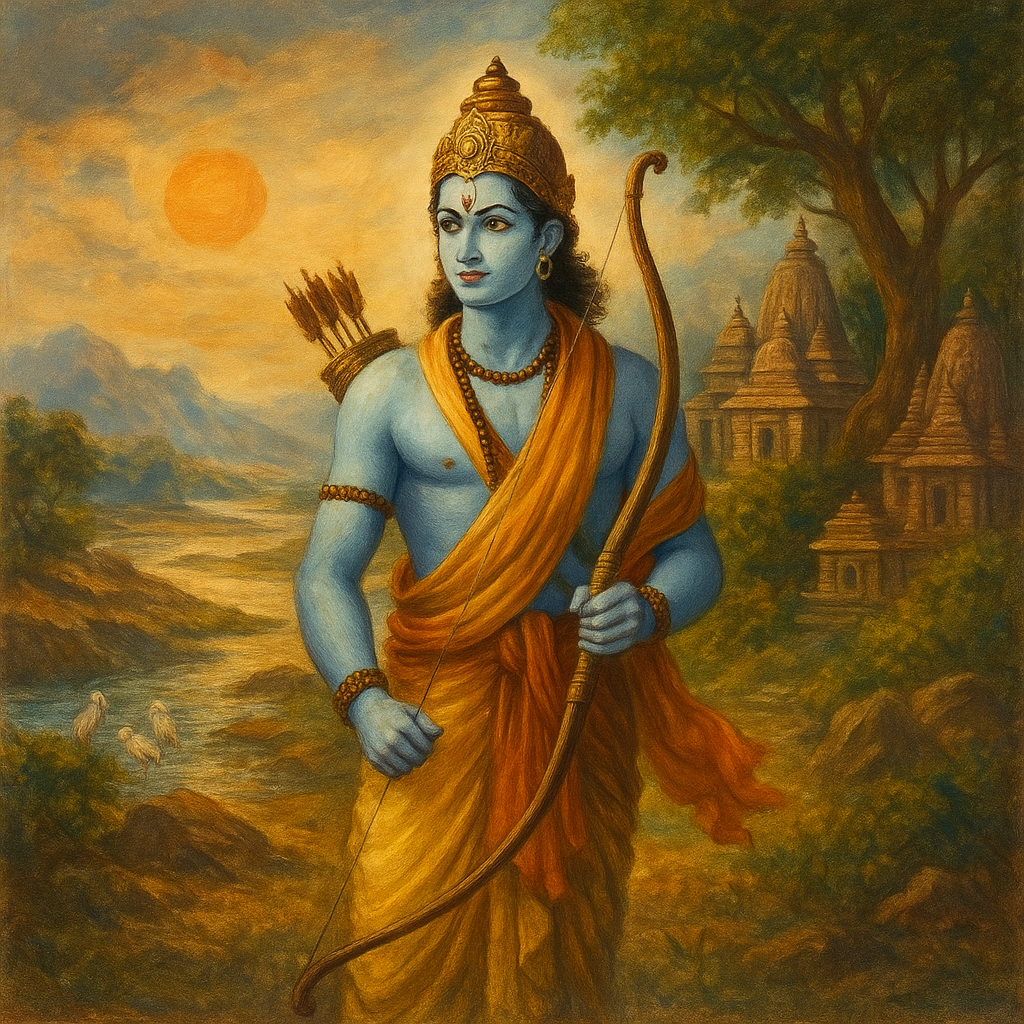
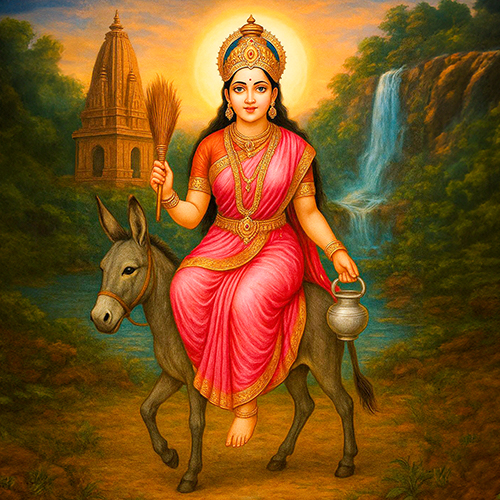
Comments 0
Leave your thought here